In mid-July 2025, Prime Minister of the Kingdom of Cambodia Samdech Thipadei Hun Manet issued a directive, thereby launching a campaign to suppress and eradicate online fraud crimes on a large scale, in the context of high-tech fraud activities in this Southeast Asian country that have been threatening and causing instability in the region and the world .
Sharing with VNA reporters in Phnom Penh on the occasion of Vietnam hosting the signing of the United Nations Convention against Cybercrime, Master Thong Mengdavid, geopolitical and international affairs analyst at the Institute for International Studies and Public Policy (IISPP) of the Royal University of Phnom Penh (RUPP), highly appreciated the efforts of the Royal Government of Cambodia in suppressing online fraud gangs in the country in recent times.
However, Cambodian experts believe that the “Land of Pagodas” cannot solve all these problems alone, requiring the participation of the international community, especially neighboring countries of the Association of Southeast Asian Nations (ASEAN) to solve this regional and global problem.
In that context, the Hanoi Convention on Cybercrime, which will be opened for signature on October 25-26 in Vietnam, will help Cambodia fill current legal gaps, enhance international cooperation, and join hands to address this "sensitive hotspot" in the region and the world.
According to Master Thong Mengdavid, in the context of the world just recovering from the COVID-19 crisis in the past few years, online fraud criminals are organized into international networks and are operating at some borders in the Southeast Asian region, especially in places with weak law enforcement, corruption with many loopholes originating from local officials. They target debtors, treat them like slaves with physical abuse, and force them to participate in fraud activities at online centers in border areas.
From a local perspective, the Cambodian expert said that in early 2025, the Prime Minister of the Royal Government Samdech Thipadei Hun Manet established a specialized unit to suppress online fraud activities. After that, he launched a campaign to suppress and raid buildings and areas suspected of fraud and online crimes, arresting more than 3,000 people.
Meanwhile, the Secretariat of the Committee for the Prevention of High-Tech Fraud Crimes under the Royal Government of Cambodia said that in the past four months, the Unified Administrative Command of the capital and provinces in Cambodia has launched inspections of many suspicious locations, destroying 92 high-tech fraud hotspots in 18 provinces and cities nationwide.
As a result, Cambodian authorities arrested about 3,455 suspects of 20 nationalities, prosecuted 10 serious cases related to online fraud activities occurring in the capital Phnom Penh and the provinces of Kandal, Preah Sihanouk and Kampot, prosecuted 75 ringleaders and accomplices, and deported and repatriated 2,825 foreigners.
In addition, Cambodian authorities have also assisted in rescuing many victims from human trafficking cases, and in dismantling criminal networks and human trafficking gangs. Through the suppression and suppression of crime, Cambodia has coordinated with embassies of other countries to return and repatriate victims.
In addition, Cambodia has also cooperated with many countries such as Thailand, Vietnam, the UK, the US and most recently, South Korea in sharing information, enhancing the capacity of specialized forces through training activities, forming a system for sharing information and evidence... to solve related problems. He noted: "All these problems require the participation of countries around the world, not just Cambodia."
From that perspective, analyst Thong Mengdavid believes that Cambodia cannot solve all related problems alone, requiring the participation of the international community, especially neighboring countries in the ASEAN region.
Specifically, Cambodia needs to strengthen cooperation with foreign countries and international agencies to develop mechanisms to dismantle criminal gangs, prosecute them and their accomplices, as well as tighten law enforcement activities on the border, especially in protecting victims and ensuring the capacity to repatriate and bring them home safely.
According to RUPP researchers, Cambodia and other countries in the region are victims of human trafficking and online fraud. All stem from loopholes in law enforcement management, as well as corruption, affecting Cambodia and neighboring countries.
In that spirit, Master Thong Mengdavid said that the signing of the Hanoi Convention against Cybercrime will help Cambodia fill current legal gaps, such as laws and regulations on digital data monitoring, data retrieval requests, extradition and victim protection, which are not yet complete.
“By implementing this Convention, Cambodia can demonstrate its compliance with international standards, in accordance with the United Nations mechanisms and laws in combating online fraud, based on the rule of law and respect for human rights, as well as international coordination and cooperation,” he stressed./.
Source: https://www.vietnamplus.vn/cong-uoc-ha-noi-se-giup-campuchia-bo-khuet-khoang-trong-phap-ly-hien-hanh-post1072574.vnp


![[Photo] General Secretary To Lam received the delegation attending the international conference on Vietnam studies](https://vphoto.vietnam.vn/thumb/1200x675/vietnam/resource/IMAGE/2025/10/26/1761456527874_a1-bnd-5260-7947-jpg.webp)

![[Photo] Nhan Dan Newspaper displays and solicits comments on the Draft Documents of the 14th National Party Congress](https://vphoto.vietnam.vn/thumb/1200x675/vietnam/resource/IMAGE/2025/10/26/1761470328996_ndo_br_bao-long-171-8916-jpg.webp)

![[Photo] Enjoy the Liuyang Fireworks Festival in Hunan, China](https://vphoto.vietnam.vn/thumb/1200x675/vietnam/resource/IMAGE/2025/10/26/1761463428882_ndo_br_02-1-my-1-jpg.webp)

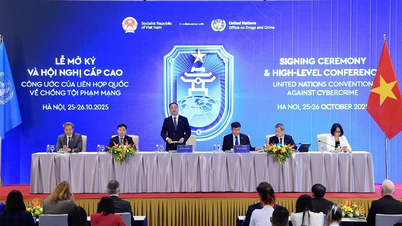


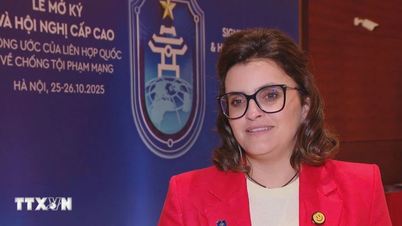
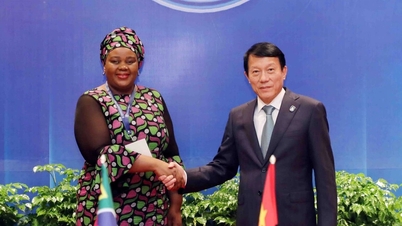

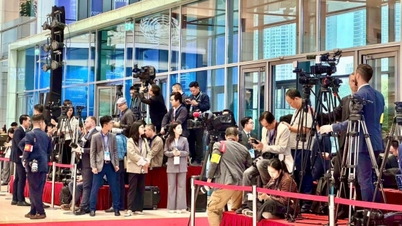





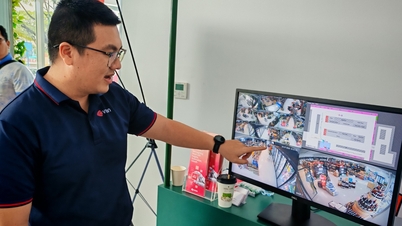



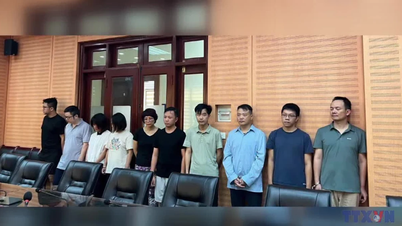





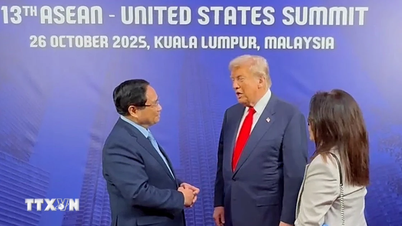
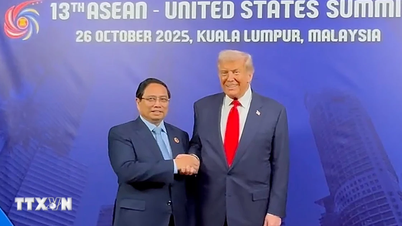
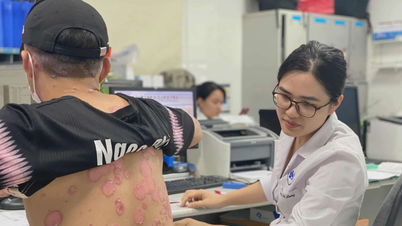
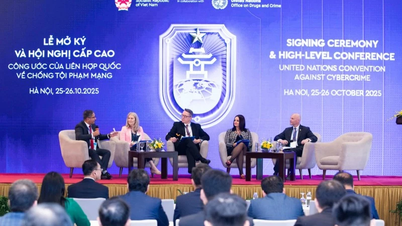

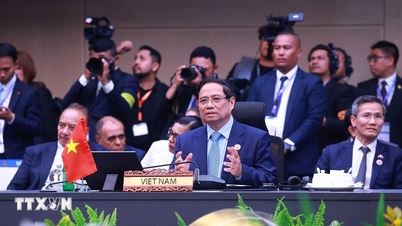

![[Photo] Prime Minister Pham Minh Chinh attends the opening of the 47th ASEAN Summit](https://vphoto.vietnam.vn/thumb/1200x675/vietnam/resource/IMAGE/2025/10/26/1761452925332_c2a-jpg.webp)






































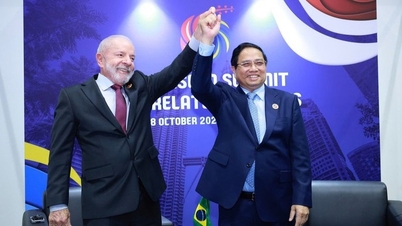
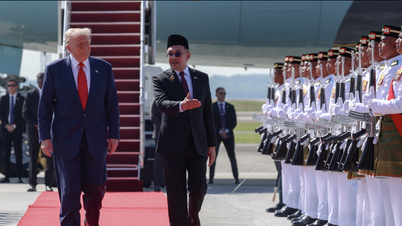

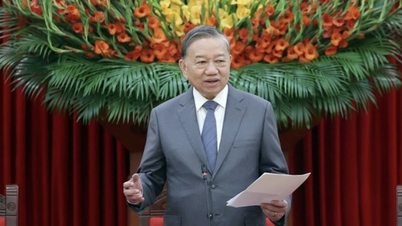



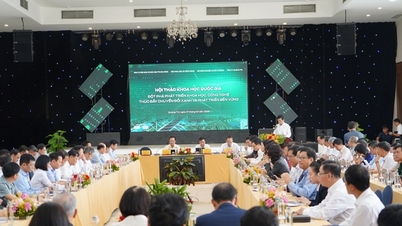



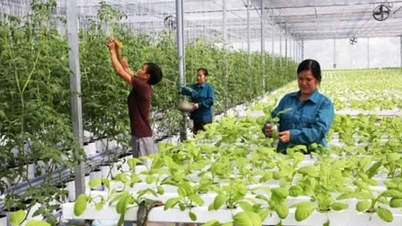

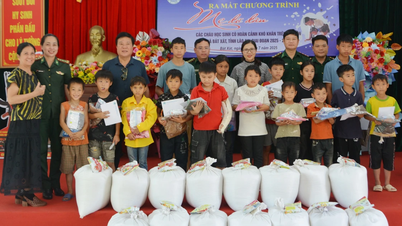

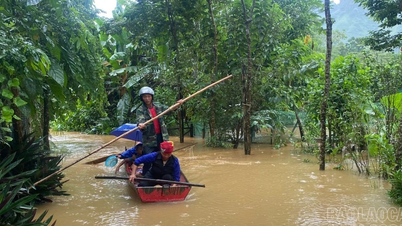
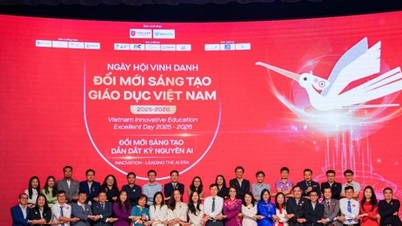

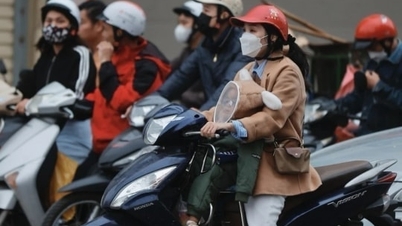



















Comment (0)